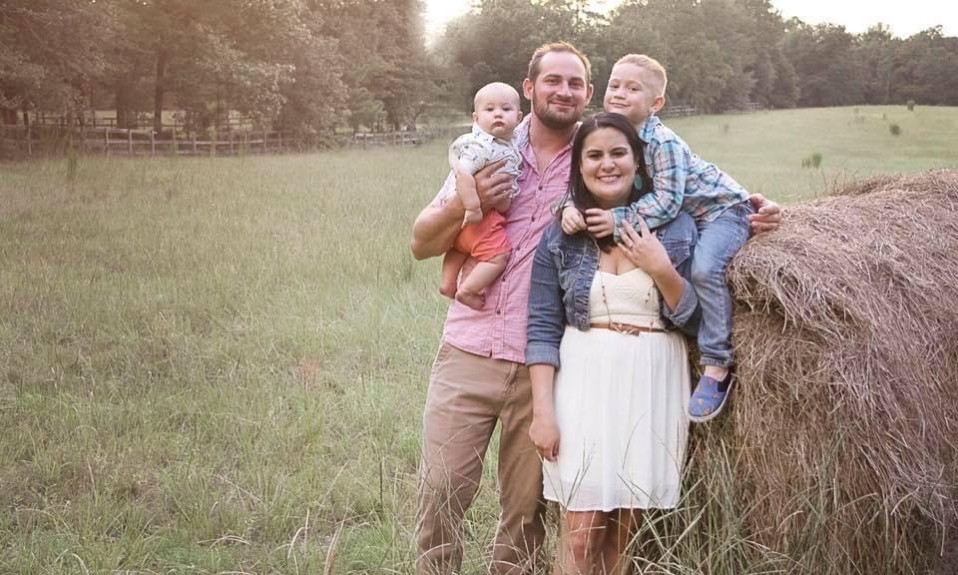For more than 30 years, the storied Mayo Clinic has been treating those who are afflicted with the disease of addiction, doing so for most of that time through its inpatient program at the main clinic in Rochester, MN.
But, just like many other addiction treatment providers, Mayo began to have trouble getting paid by insurers for inpatient and several years ago moved to a residential model of treatment, which combines with various levels of outpatient to offer a full continuum of care for Mayo addiction treatment clients.
“We have always had a highly medical model of addiction treatment here,†says Dr. Terry Schneekloth, Mayo Clinic’s addictions director. “And we still very much do to this day, tapping as we do into the varied resources available here at the clinic in Rochester.â€
And the resources that Mayo addiction programs tap into in Rochester are indeed varied and vast, with few other programs – McLean Hospital near Boston, with its new Fernside high-end program, is another one – being able to lay claim to such enormous medical, psychiatric and research expertise.
One of the most interesting aspects of the addiction work being done at Mayo, although it has yet have an impact on the day-to-day treatment of clients there, are the pioneering research efforts underway at the Samuel C. Johnson Genomics of Addiction Program. Mr. Johnson – a Mayo board chairman for many years and an heir to the S.C Johnson household products fortune – and his family foundation backed the new genomics of addiction institute to the tune of more than $12 million.
Certainly, many believe that genetics may hold the key to major advancements in the treatment of addiction. And the goal of the research into the genetics of addiction at Mayo is to help develop methods that will allow doctors to routinely identify if an individual has a genetic vulnerability to addiction, with the next step being to then develop new ways to prevent those who are vulnerable from becoming addicted in the first place. “People who are at risk for addiction could get personalized care that could change their lives,†says Dr. Schneekloth. But for now, unfortunately, such breakthrough genetic therapies are not yet available, and Mayo currently is very focused on delivering a highly medical model of care from the menu of options that are available at the present time.
“We recognize that the spiritual basis of recovery is enormously important,†says Schneekloth. And, indeed, sophisticated brain scanning has shown that spiritual transformation may literally have the power to transform aspects of the physiology of the brain.
“But, believing as we do in a medical model, we do use the 12-steps in addition treatment, but alsoemploy other approaches†says Schneekloth. Thus, Mayo’s addiction treatment programs offer a range of therapies designed to boost the individual’s coping skills over a range of issues, but especially in the critical area of craving. One key modality that Mayo relies on heavily is cognitive behavioral therapy, CBT, which is becoming increasingly used to treat addiction, with centers like Paradise Recovery in Hawaii, and many others, more and more adopting the technique as a core part of their programs. Mayo Clinic also uses techniques like motivational enhancement, as well as extensive process group therapy. “We think that we should be dynamically changing our approaches as new evidence comes in,†says Schneekloth. He says this is especially true in the case of addictions medications, which Mayo Clinic makes fairly extensive use of in its addictions programs. “We have found that some of the addiction meds, and there are not many of them, can be effective,†says Schneekloth, adding, though, that he believes that the addiction meds currently available tend only to boost outcomes modestly.
Mayo Clinic has traditionally gotten its addiction clientele from a mix of about one-third local clients, one third from the Midwest and another third national, but the national part has lately been approaching half, says Schneekloth. JW











